The medical human doctors wearing their hidden capes were striving hard to win this battle against Corona. It was much later that we realized; not one but many professions were involved in this battle to save the world. They were regarded as front-line warriors. Among the professions, Veterinary and Animal Husbandry activities have been considered some of the most important parts of the essential services list.
“History repeats itself”, It seems to be true for such pandemics repeating themselves after every 100 years; from the infamous PLAGUE in 1720 to the present COVID-19. Many pandemics that have been encountered so far seem to be of zoonotic importance. Medical and Veterinary research has come a long way since its dawn. They have worked alongside each other to help the world. But only when both their efforts were clubbed together under the umbrella of One Health, these pandemics could be identified before they reached their peak.
All veterinarians have ensured continuous flow of emergency services in animal husbandry, especially in situations like urgent animal health issues. These emergency services include disease diagnosis, treatment, disease monitoring in livestock and poultry and immediate disease reporting to higher officials and public health education etc.
During the early pandemic, when there was no public transport; field veterinarians have reached remote areas to treat animals when required. They have conducted vaccinations for all livestock animals against various seasonal diseases, performed emergency surgeries for animals in need during the pandemic.
The origin story of COVID-19 from animals instilled fear in the society. People in rural areas believed eating meat and meat products could infect them with the virus. Pets were left abandoned on the streets and at the clinics. Myths were spreading like wildfire on social media. People turned to Veterinarians in hopes that they could debunk such myths. Veterinary institutions then started to organize webinars, circulate pamphlets, and made use of social media to create awareness among the general public.
As the virus spread became rampant, there was a shortage of technical manpower to screen and diagnose in the laboratories. Government called for Veterinarians to lend a helping hand.
The concepts of Quarantine and Isolation, Herd immunity etc., are not very strange to Veterinarians. They have been following these in animals since ages. Veterinarians adopted the new normal rather quickly and carried on with their work wearing protective equipment. In turn, them being the closest link to society, helped the public to understand the importance of social distancing, masks and sanitizers.
In the midst of corona, confirmed cases of bird flu were reported from multiple states including Rajasthan, Madhya Pradesh, Himachal Pradesh, Jammu & Kashmir, Kerala and Karnataka. Veterinarians have played a key role in the diagnosis and prevention of the spread of bird flu. They have also taken care of proper disposal of dead birds.
The veterinarians of our state, Andhra Pradesh have created awareness programmes among poultry farmers for taking precautionary measures against bird flu and disinfection of poultry farms. Veterinarians have also settled the publics’ doubts about the consumption of poultry meat and eggs.
Veterinarians also played an important role in zoos and protected areas to ensure good health and wellbeing of wild animals. In early April 2020, after a tiger was tested positive for COVID -19 in a zoo in New York, the Indian government authorities were quick to send advisories to all the zoos, tiger reserves and wildlife sanctuaries to protect the wild animals. In accordance with the advisory, zoos remained on high alert. Veterinarians along with their staff have monitored the animals in zoos through CCTV to check for any abnormal behaviors. The animal handlers were allowed with protective wear near animals to provide feed and medicines.
With the multi-sectorial collaboration, in accordance with one health approach, the animal health sector especially veterinary services have been contributing in response to the pandemic in several ways. Many of the veterinarians have provided personnel protection equipment kits, beds and ventilators to the hospitals. Due to lack of sufficient staff in the hospitals throughout the country veterinary professionals have volunteered in hospitals and laboratories to support them.
Government has been utilizing the knowledge and skills of the veterinarians and veterinary laboratories in screening and diagnosing the infectious diseases and also in some states of India veterinary epidemiologists have been used in tracking the disease in humans.
Students, including many of us have taken to sharing our knowledge about the corona virus to our family members and colleagues. We have also shared our life experiences of when we were infected with corona and the diet we followed and how we have overcome corona through social media platform.
During this crisis, veterinarians were heavily challenged in providing food safety, security and also livelihood which is dependent on animal production systems. During the pandemic veterinarians were involved in multiple activities to provide safe food to the public.
Many veterinarians have actively participated in research and development (R&D) for the development of vaccines and were ultimately successful under the leadership of a veterinarian Dr. Albert Bourla, chairman and chief executive officer of Pfizer.
Concerning the current scenario, zoonotic diseases are becoming common in the world. So, in such cases, veterinarian’s role is very crucial in the world. Veterinarians do study microbiology, immunology, veterinary public health and epidemiology, parasitology, pathology, pharmacology, and toxicology etc., A veterinarian can diagnose, provide treatment, and can produce medicines and vaccines. There is no doubt that veterinarians can play an active role in any pandemic.
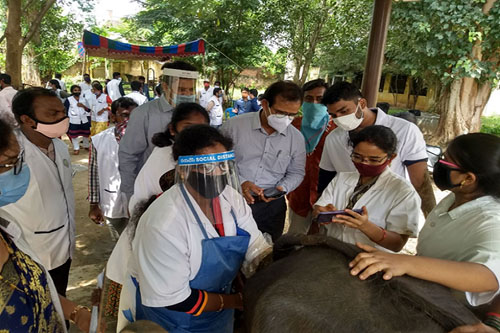
Until we find the cure or vaccine for COVID-19, we may have to adjust to the concept of “new normal” which means adapting to new way of living and going about our lives, our work and interactions with other people.
Many veterinarians have lost their lives while working, some have lost their family and yet everyday they wake up and serve – reinstating the oath they have taken to the animals and to the world. There is no going back now. This post- covid world we are about to enter requires an amalgamation of Medical and Veterinary research.
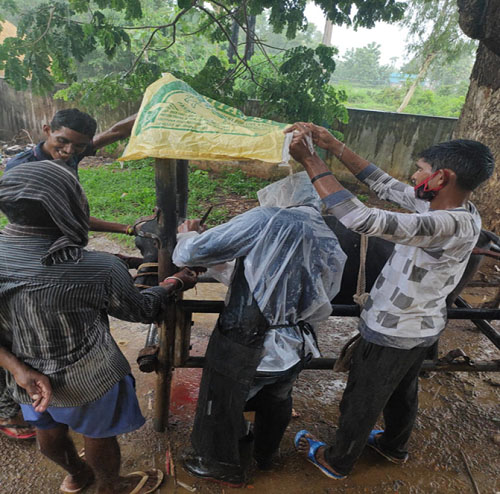

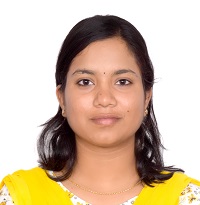
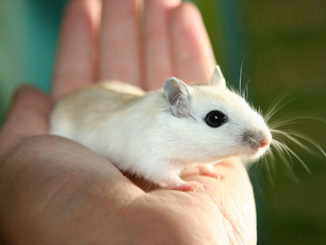
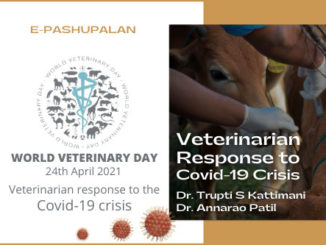


Good nice